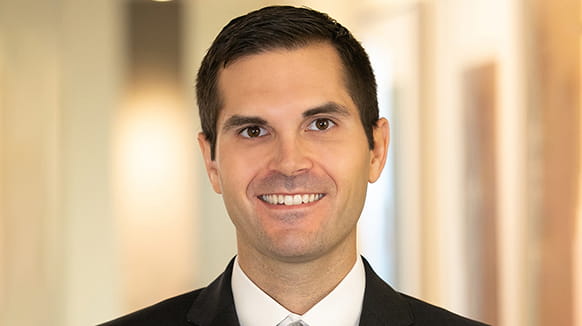On May 2, 2025, the Texas Supreme Court issued its opinion in Massage Heights Franchising, LLC, v. Danette Hagman, No. 23-0996. The Texas Supreme Court affirmed that a “specific control” test applies to determine the liability of franchisors for conduct by employees of franchisees in rejecting that a franchisor had any liability for tortious and criminal acts by the employee of a franchisee. The franchisor’s “control must relate to the activity that actually caused the injury,” the Court wrote. This control “may be demonstrated either by an explicit contractual provision or by evidence of actual exercise of control.” A Haynes Boone team led by Mark Trachtenberg and assisted by a team of appellate and franchise attorneys that included Deborah Coldwell, Maral Kilejian, Ryan Pitts and Sam Mallick filed an amicus curiae brief on behalf of the International Franchise Association arguing for the Court to affirm such a test.
Notably, franchise agreements with independent contractor clauses are unlikely to give rise to franchisor liability in third-party lawsuits unless the franchisor has a contractual right to control, or actually controls, the specific aspect of a franchisee’s business giving rise to liability. This predictability will encourage growth for Texas franchisors and for out-of-state franchisors looking to expand their operations to Texas.
The decision being appealed created great uncertainty in franchise law in Texas when the appellate court applied a “possibility of control” test to hold the franchisor liable, which would have cast doubt on the very nature of franchise relationships operating in Texas.1
On the facts, Massage Heights involved a franchisor of massage studios. A franchisee hired a licensed massage therapist who sexually assaulted a customer during a massage, despite no history of such misconduct. The therapist was criminally convicted of the crime. The customer also sued the franchisee and franchisor, and the case went to a jury trial against the franchisor. The franchisee did not appear at trial. The jury nonetheless found the franchisor liable for 15 percent of the plaintiff’s damages, including exemplary damages.
The appellate court reversed the award of exemplary damages, but it affirmed actual damages on the theory that the franchisor’s operations manual meant that the franchisor controlled the means, methods and details of massages given by therapists. Therefore, the court reasoned, the franchisor owed a duty of care to the franchisee’s customers. The appellate court found a breach of this duty because the franchisor did not provide the franchisee with a list of criminal offenses that would disqualify a massage therapist from employment, and it found causation because a rule prohibiting employment of therapists with certain criminal history would have prevented the massage therapist from assaulting the plaintiff.
The Texas Supreme Court reversed in a unanimous, per curiam opinion delivered without oral argument. The Court emphasized that the franchise contract expressly indicated an “independent contractor” relationship between the parties and did not afford the franchisor any specific right to control hiring of the franchisee’s employees. Notably, the Court held that the franchisor’s creation of “safety guidelines” and reporting “protocols” did not suffice to place a legal duty on the franchisor to support any liability. And its highly focused analysis rejected the ability for generalized allegations to create a basis for franchisor liability. The Court wrote:
“The court of appeals reasoned that [the franchisor] directed the order of work and controlled the means, methods, and details of [the franchisee’s] operations by providing guidance and training materials to franchisees and by dictating the order in which the franchisee’s therapists were to perform their work and carry out appointments with customers. . . . None of this amounted to ‘actual control’ over hiring decisions—the alleged negligent action connected to [the plaintiff’s] injuries in this case.”
For liability, the specific “form of control” must be “causally connected to the injury,” the Court explained. This holding should help foster substantial certainty for Texas franchisors in understanding their exposure and structuring their franchisee relationships.
1 See Massage Heights Franchising, LLC v. Hagman, 679 S.W.3d 298 (Tex. App.—Houston [14th Dist.] 2023, pet. granted), rev’d.




